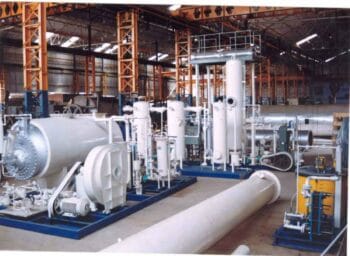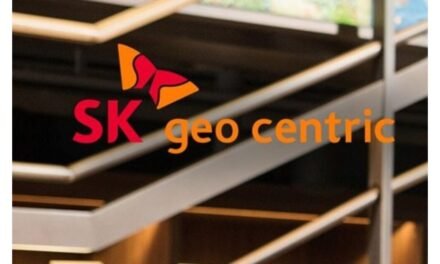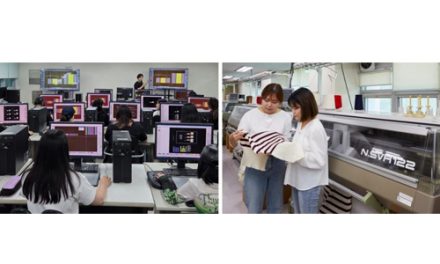 Bangladesh Textile Mills Association (BTMA) has demanded an uninterrupted gas supply to the textile mills of the country and also requested the government to not take any decision regarding increasing gas prices as the apparel and textile sectors of the country are just turning around from the ongoing pandemic.
Bangladesh Textile Mills Association (BTMA) has demanded an uninterrupted gas supply to the textile mills of the country and also requested the government to not take any decision regarding increasing gas prices as the apparel and textile sectors of the country are just turning around from the ongoing pandemic.
Mohammad Ali Khokon, President of the BTMA, urged this while speaking at a press conference at a hotel in the capital recently. He also said that the country’s export-oriented textile sector has incurred a production loss of worth $1.75 bn in the last three months due to the lack of adequate supply of natural gas to the factories. Moreover, the mills that provide goods for the local market have lost more than $1 bn in production in the same time, he added.
According to him, a number of spinning, weaving, dyeing and printing industries face the gas shortage and cannot run their industrial units with full capacity in industrial areas like Dhaka, Gazipur, Narayanganj, Savar, Ashulia, Manikganj, Narsingdi and Chattogram.
He also said that many factories in these areas, whose approved demand for gas is 10-15 PSI, are getting gas at 0-4 PSI. “If this continues, there will be disruption in the supply chain of yarn and fabrics which will then affect the price of these raw materials of the apparel sector,” he added.
He also said that although the country’s textile mills are billed for increased gas tariffs, the mills are not getting gas at the required PSI rate set for them and that the Titas authorities are taking money by selling air instead of gas.
In order to overcome this situation, we have requested the installation of EVC meters. As we know, 1200 EVC meters have also been imported,” he added. He also said that although there are governmental instructions to install EVC meters in most of the mills, Titas Gas authorities are not installing them for some unknown reasons.
Regarding the proposal to increase the prices of gas, he said that from 2009 to 2019, the gas tariff has been increased to 361.67 percent, which has resulted in the increase of the electricity cost to Tk19.87.
“We have already known that some gas distribution companies have proposed to increase the price of gas by 103 percent-116 percent, though BERC has rejected it,” he added. He said if gas prices are raised, it will escalate their production cost by 25 percent which will make the local textiles non-competitive in the global market, as the cost of electricity per kg of yarn production will increase to Tk20-23.
“The overhead cost of per kg yarn will double from its current price (25 cents) if the proposal to hike gas price comes to effect,” he said while fearing that it will force textile mills to shut down for failing to survive in the competitive market.
According to the BTMA, a number of textile mills generate electricity through captive power generation, amounting to more than 1,700 MW, which is playing an important role in tackling the government’s power crisis.
Tariffs for LNG imports were raised to deal with the gas crisis but were stopped again on the pretext of raising LNG prices in the international market. Titas has made a profit of Tk1,509 cr in the last four years, a portion of which can be used to import LNG without raising gas tariffs, Khokon suggested.
The country’s textile sector is prone to huge new investments, which will be hampered if the gas crisis continues and cause further hindrance in the implementation of the Prime Minister’s vision to make the country developed by 2041 and create new jobs, he added.
To ensure uninterrupted production of mills, BTMA President said EVC meters should be installed in captive power generation mills.
“Since fertilizers are easy to import, the gas should be supplied to textile mills instead of fertilizer factories as an interim arrangement,” he added. He also said that assessing the role that CNG-powered vehicles have played in protecting the environment, it is necessary to supply gas to textile mills instead of CNG stations if necessary. At present, the textile sector of the country employs one million workers with an investment of Tk6,000 cr.





















